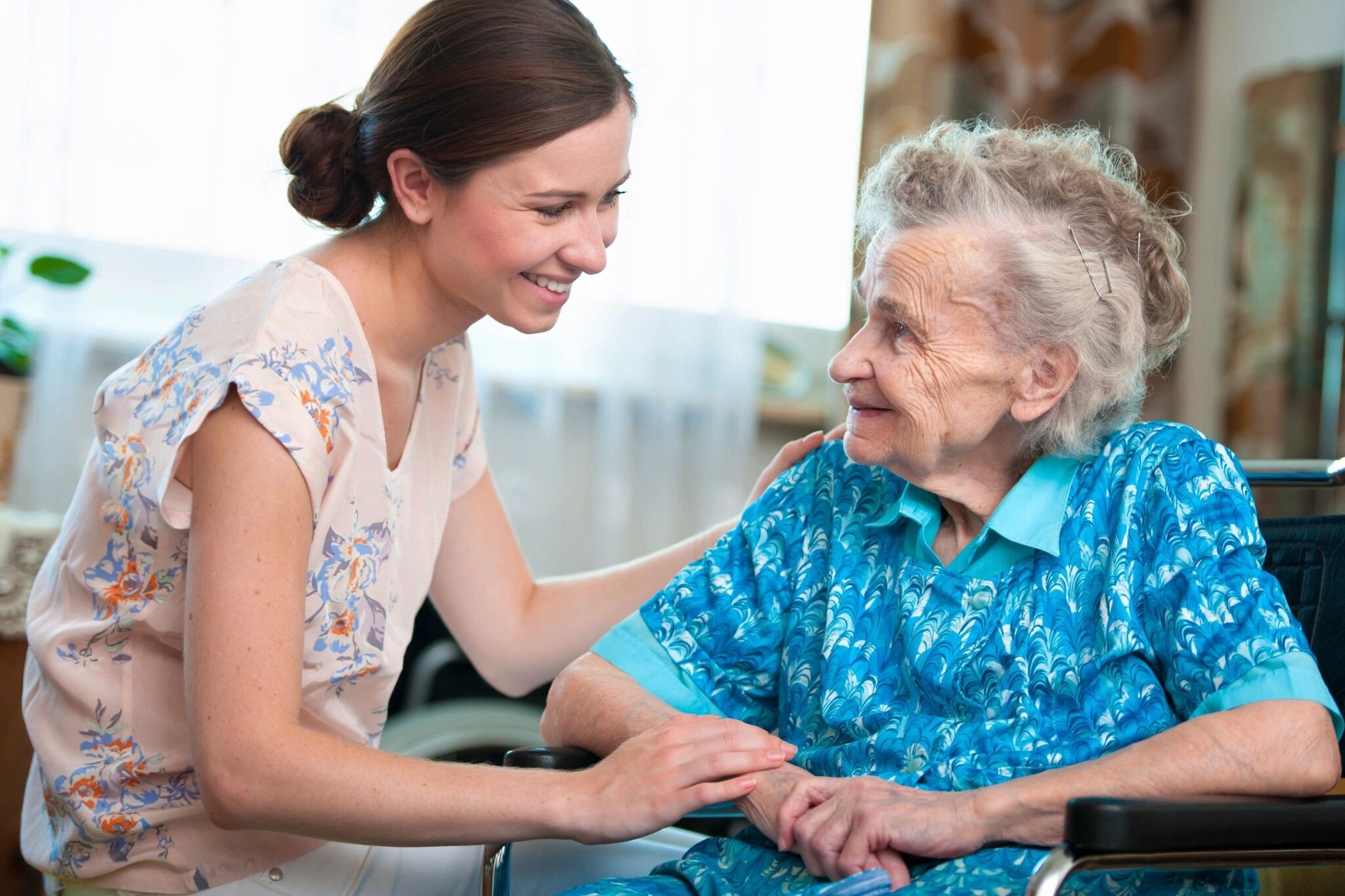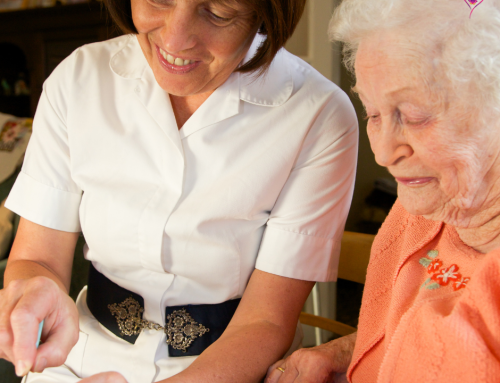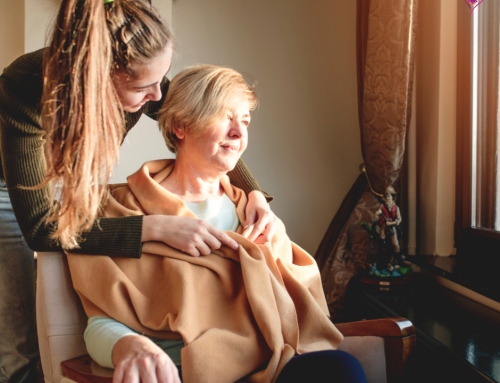Early Warning Signs that an In-Home Caregiver is Needed
Several early warning signs can help you determine whether or not an in-home caregiver is needed for your parent or loved one. Take note of any of the following behaviors:
Falls: Are you or your loved one having more falls in the home? Accidents such as falling or tripping? In-home care could address these issues and devise a plan for how to minimize falls and keep them safe.
Eating Habits: Have you noticed eating habits have changed? Eating has become more or less frequent, there has been a loss of appetite, or meals are completely missed without notice. Are dietary restrictions being followed such as low salt or diabetic diets?
Medication: Does your loved one forget to take prescription medication? Or have there been instances when more than the prescribed amount was taken? Are prescriptions being forgotten or left unfilled? While in-home caregivers can’t always administer medication, they can assist with and check up on individuals to make sure they are refilled and taken appropriately.
Personal Hygiene: Have you noticed a change in personal hygiene? Is your loved one wearing dirty clothing, forgoing showering, brushing their teeth, and neglected open cuts/sores? A lack of personal hygiene could be the result of Alzheimer’s or depression. Having in-home care can help ensure the individual is maintaining their personal hygiene while alerting the family if serious issues arise that could affect the individual’s short or long-term health.
Food: Is there a lack of food or too much food in the home? Check in the refrigerator and freezer for spoiled foods. In-home care can offer a number of services related to food and eating habits, including driving the individual to the grocery store, helping with grocery shopping, and preparing meals.
Social Life: Are friends and acquaintances coming around less often? Another benefit of in-home care is the companionship that grows between the in-home care worker and the individual receiving care. Whether that companionship means playing a game of cards together, watching a favorite TV program, or simply having a conversation, an in-home care worker knows how vital socializing is to the overall wellbeing of all people, especially seniors living alone.
Housekeeping: Have you noticed the housekeeping has declined? In-home care can ensure that housekeeping standards are up to par and can help assist in completing housekeeping tasks.
These are some examples of the early signs that in-home care might be needed. In-home care gives your elderly loved ones exactly what they want — to continue to live safely in the comfort of their own home. We here at Platinum Select Care can help you find the right caregiver that can assist your loved one and allow them to stay at home safely. Remember there is no better place like home!




